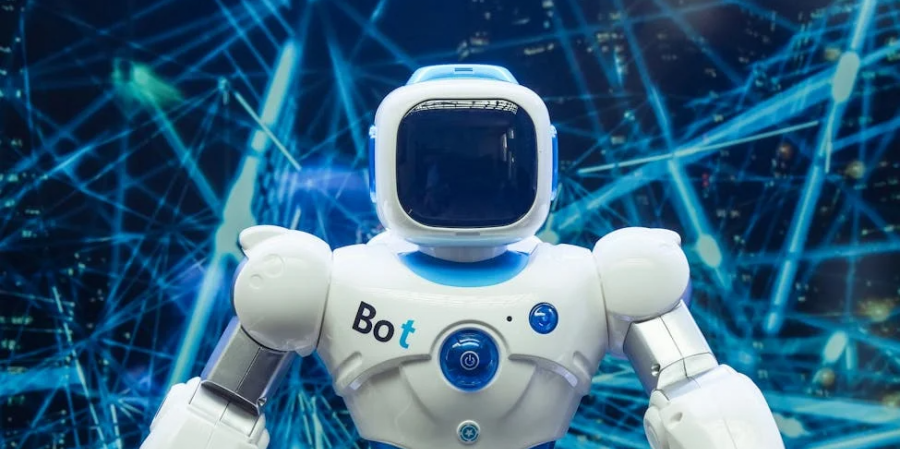

What is AI?
Artificial intelligence refers to a computer's or a computer-controlled robot's ability to do tasks commonly associated with human intellectual processes, such as reasoning. Although there are yet no AIs capable of matching full human flexibility across wider areas or in activities requiring extensive everyday knowledge, certain AIs perform some jobs as well as humans.
Types of AI technology:
1. Reactive machinery. Reactive machines are AI systems that have no memory and are task-specific, which means that every input always results in the same output.
2. Machines have limited memory. The next step in AI advancement is limited memory.
3. Mental theory.
4. Self-awareness.
Scopes in AI:
Many Indian businesses are embracing AI automation, indicating a bright future for AI. To find relevant jobs based on your skills, you must first understand present AI advancements.
The scope of Artificial Intelligence is limited to domestic and commercial aims, while the medical and aviation sectors are also using AI to improve services. If AI surpasses human labor, implementing AI automation can save a company money in the long term.
Automation in operational vehicles has piqued attention in the logistics industry, with automated trucks/vehicles set to be used in the near future.
The number of AI start-ups is expected to grow as artificial intelligence's future becomes more promising.

What is Data Science?
Data science combines mathematics and statistics, specialized programming, advanced analytics, artificial intelligence (AI), and machine learning with subject matter expertise to uncover significant insights in an organization's data. These insights can inform decision-making and strategic planning.
Data science vs AI:
Data science and artificial intelligence (AI) are broad terms that apply to methods and techniques for evaluating and utilizing digital data. Modern businesses collect information about all elements of human life from a range of online and offline sources. We have a large collection of text, audio, video, and image content. Data science extracts meaning from data by utilizing statistical tools, methods, and technology. Artificial intelligence takes a step further by utilizing data to address cognitive issues associated with human intelligence, such as learning, pattern recognition, and human-like expression. It is a collection of complex algorithms that "learn" as they go, gradually improving their problem-solving capabilities.

Artificial intelligence and Data science course:
The unique undergraduate curriculum, B. Tech. Artificial Intelligence and Data Science (AI & DS), seeks to provide students with technical abilities for data processing, analysis, and visualization in a variety of real-time applications.
